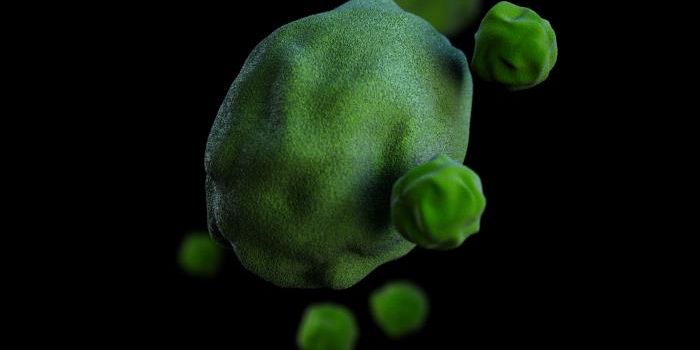The Gut Microbiome is Linked to Brain Development & Function
When one thinks of brain development, microbes in the gut may not be the first thing that comes to mind. But a growing body of research has shown that the many organisms like bacteria, viruses, and fungi that live in the human gut have a considerable influence on many parts of us, including how our brains function. There are neurons in the gut that signal directly to the brain, and vice versa. Gut microbes can also generate neurotransmitters and other molecules that can impact brain activity.
A research report published in Science Advances has now shown that changes in the gut microbiome can be linked to brain structure and cognitive function in healthy kids. This study did not simply establish that there is a connection between cognition, brain development, and the gut microbiome, but it has also identified certain species of gut bacteria that are associated with improved cognitive functions, such as Alistipes obesi and Blautia wexlerae. On the other hand, microbes like Ruminococcus gnavus were found at higher levels in children with lower scores on cognitive tests.
Gut microbes come with their own genomes, and some of those genes encode for proteins that can impact human biology. This work has shown that human cognitive abilities can be affected by the presence of absence of specific microbial genes, especially those that have a role in the metabolism of compounds that can affect the neurological system, such as short-chain fatty acids.
With computational tools, the investigators were also able to determine that the characteristics of a gut microbiome can be used to predict changes in brain structure and cognitive ability. Gut microbiome profiles could potentially be used one day to identify kids who might need assistance in those areas.
This work is also one of the first studies to analyze the impact of the gut-brain axis in children who are developing normally. It adds to evidence that has demonstrated a clear connection between development and the gut microbiome, affirms the crucial role of the gut microbiome, particularly in children, and has suggested that there are ways to make improvements when children are experiencing challenges.
"This research on a single cohort offers exciting hypotheses that we now want to test in additional settings," said senior study author Vanja Klepac-Ceraj of Wellesley College.
Sources: Wellesley College, Science Advances









